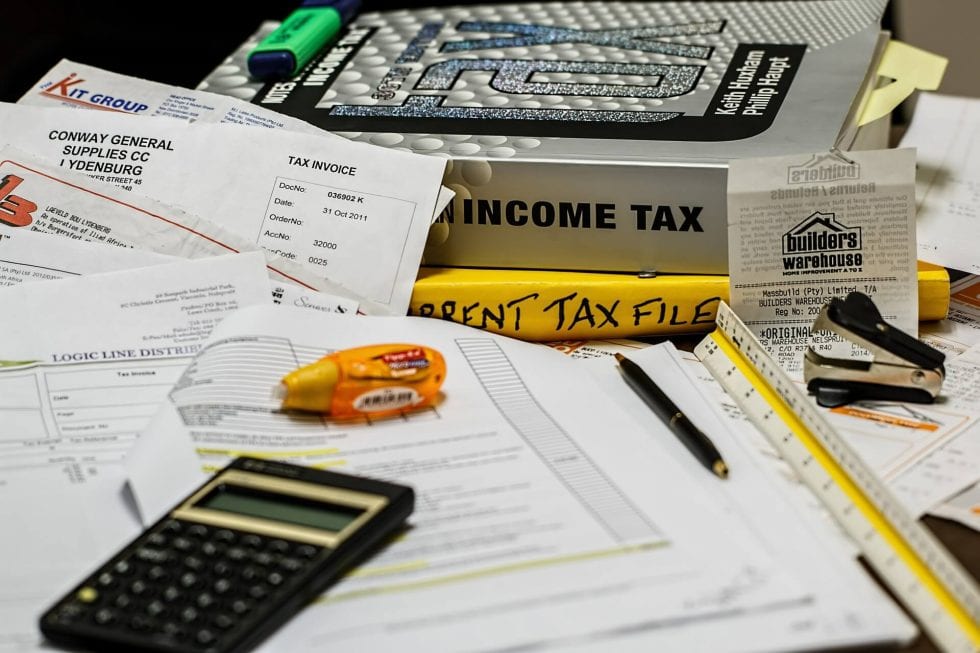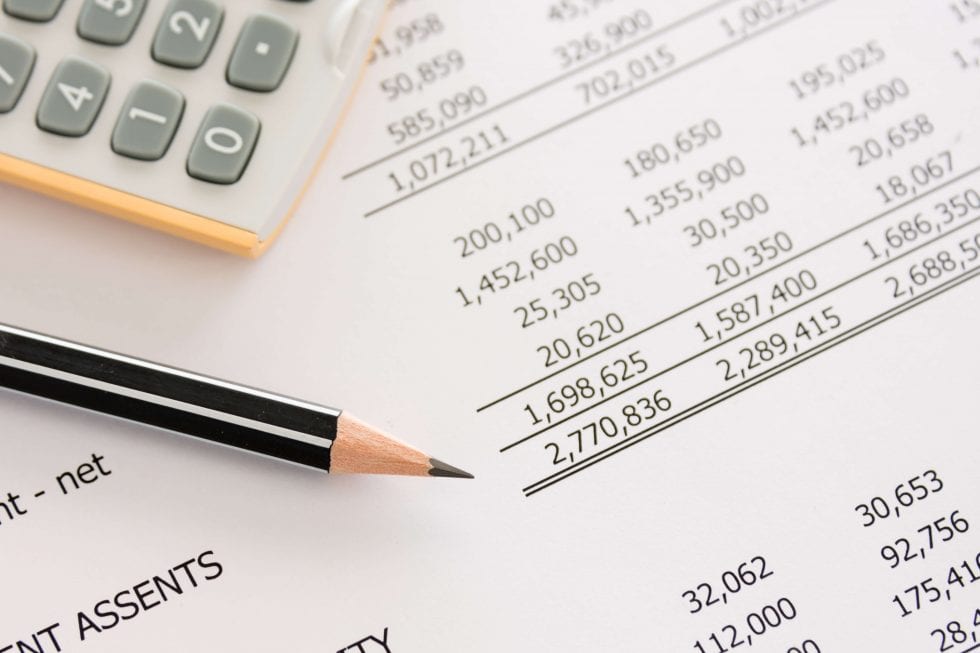Is it sensible to prepare my own tax return?
Doing your own tax return might seem like a straightforward process that could save you in accountancy fees and won’t take you long. But it isn’t, and it could cost you dear. So if you’re still tempted to do it yourself this year, it’s worth asking yourself the following questions:
How simple are your finances really?
There are a number of circumstances which may bring you into the remit of having to file a tax return, being self-employed or a limited company director being the most obvious. But as you collate the information for your tax return, you’ll also need to start looking at the wider picture of your finances.
Do you have untaxed rental income or foreign income? Have you sold a second property, received dividends from shares or perhaps worked overseas but received a UK income? Are you a trustee?
If your knowledge is broad brush and your finances not straightforward, there is a reasonable chance that you may make mistakes. And while you’re unlikely to spot such mistakes, HMRC will. Late filing, late payment and errors could all put you in line for a tax investigation and that could cost you a whole lot more time and money than hiring an accountant to do your return in the first place.

Do you have the time?
You can do your own research and combine it with your existing knowledge, but you do need to ask yourself how many hours this will take. It’s not just a question of simply collating the figures, preparing the return and submitting the correct information.
You may also have to deal with HMRC and their many nuances or get to grips with changes in legislation and the fine detail of the different reliefs available and so on. HMRC have software for simple tax returns but if your finances are complex that may not suffice. In the end, you need to ask yourself whether it’s really a cost-effective use of your time and how it compares to the cost of using an accountant.
Are you properly qualified to file a tax return?

Even if you consider yourself pretty au fait with finance and tax, you still might want to ask yourself how well qualified you really are for the job. How up to date are you on the latest developments in tax law?
Do you know the fine detail of what’s an allowable expense and which reliefs you may be able to claim? Are you up to date with tax deductible capital items and what your annual investment allowance is? Have you made any capital gains (and do they qualify as such)? Do you know how best to deal with any loss, or have you retained enough profit to legally declare a dividend?
Taxation law is an area which changes frequently and knowing the fine detail can make a significant difference to the amount of tax you may have to pay. However detailed your knowledge, it still requires bang up to date expertise and understanding to maximise any tax savings and make sure you claim what you’re legally entitled to (and know what you’re not).
In short, do you really know how all the different aspects should be treated in your tax return in order to ensure your best tax advantage and still stick to the letter of the law?
What about the bigger picture?
Working with your accountant is an important part of the success of your business and or the growth of your private wealth. Apart from preparing your accounts, your accountant should be working with you to provide ongoing proactive tax advice throughout the year and tax planning advice, advising you on how to arrange your finances to avoid risk as well as providing cash flow and budgeting advice. Against that knowledge of your finances and background, preparing your tax return on your behalf is likely to be a great deal more straightforward for your accountant than doing it yourself.

Nine times out of ten, doing your own tax return proves to be a false economy and sometimes a very costly experience. If you have anything more than the most basic of financial circumstances or anything less than the most up to date knowledge, it’s money well spent making sure your tax return is professionally prepared.


